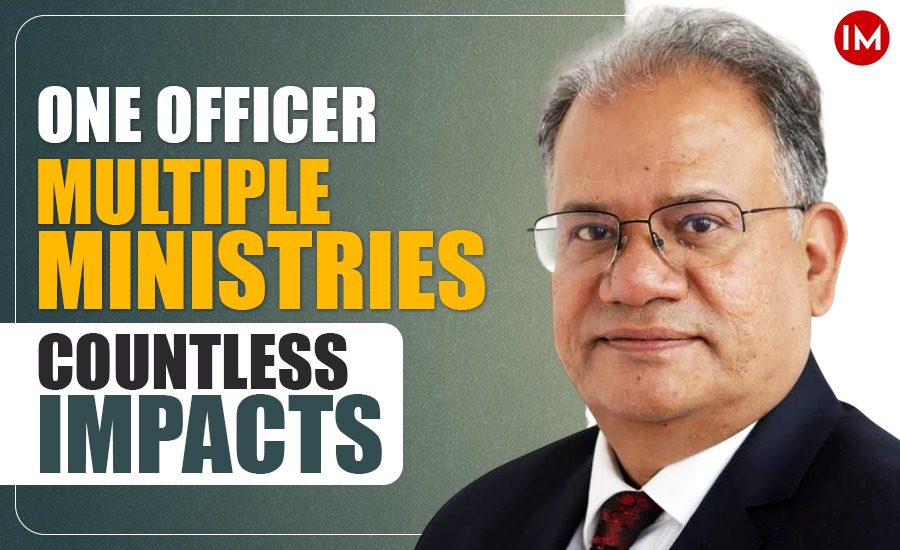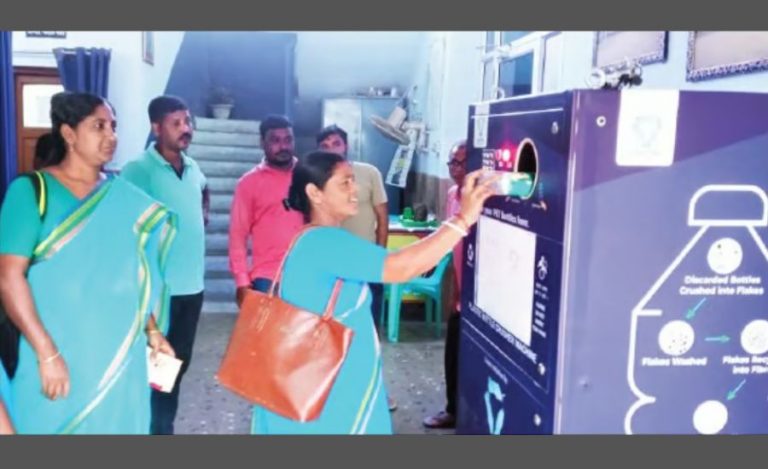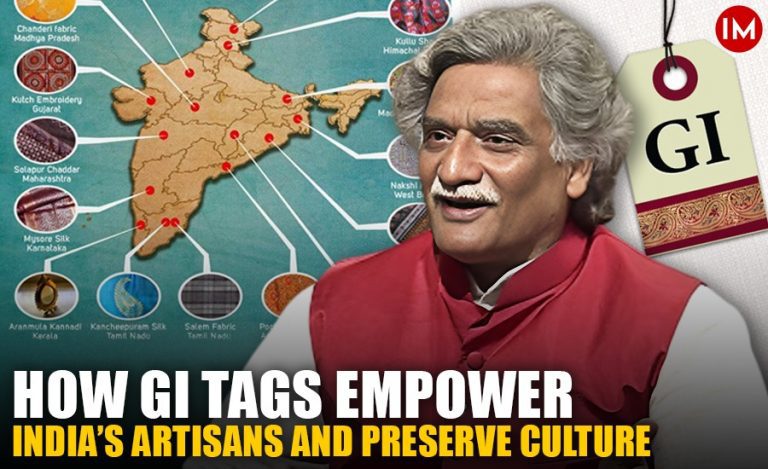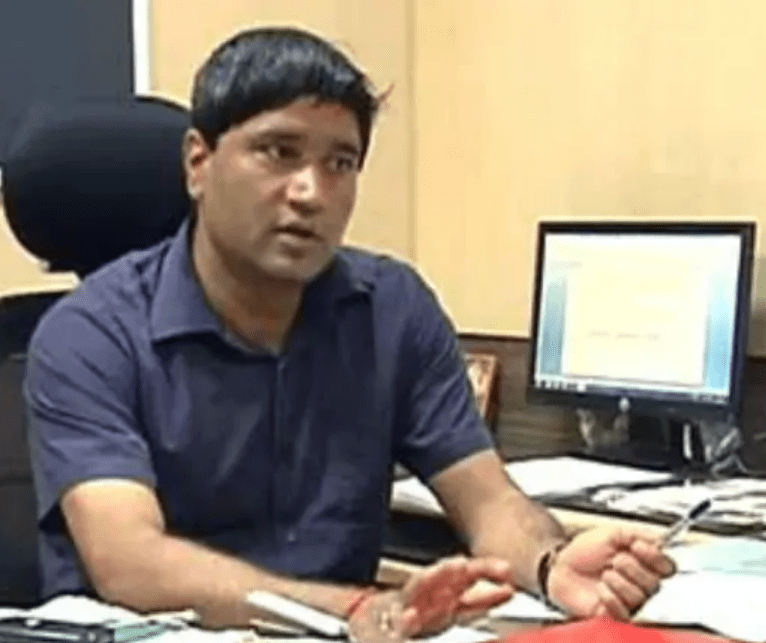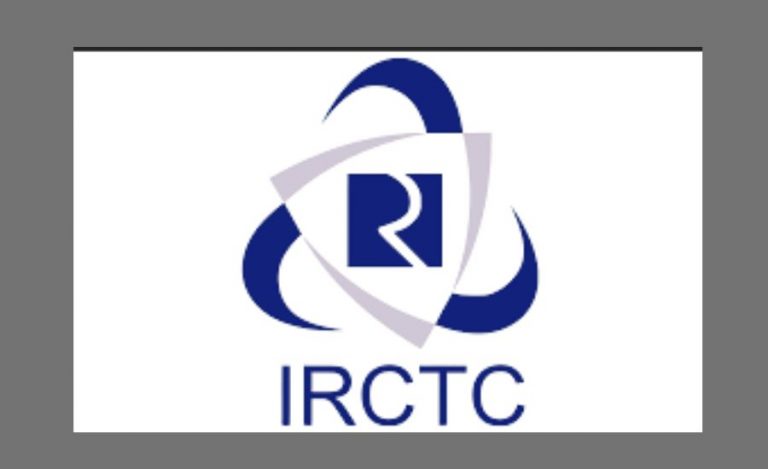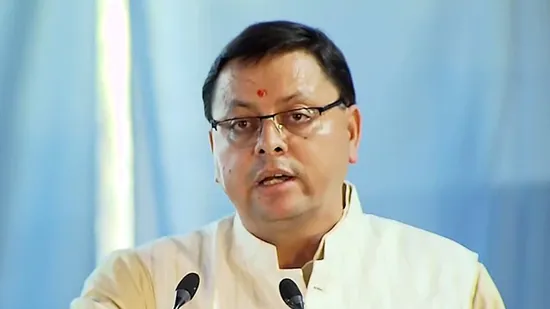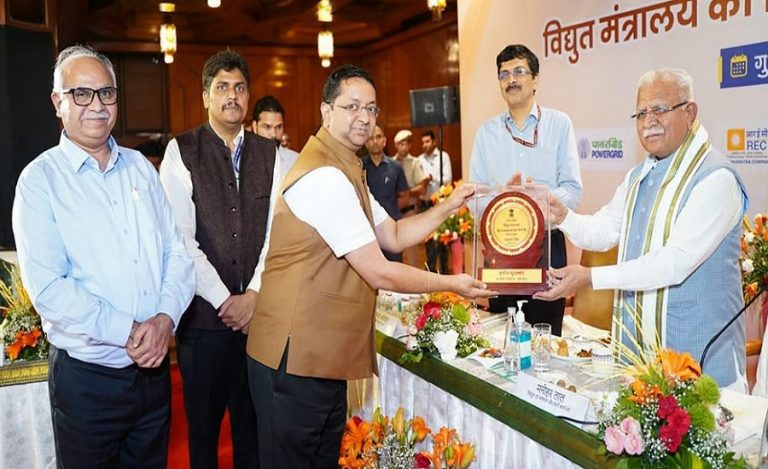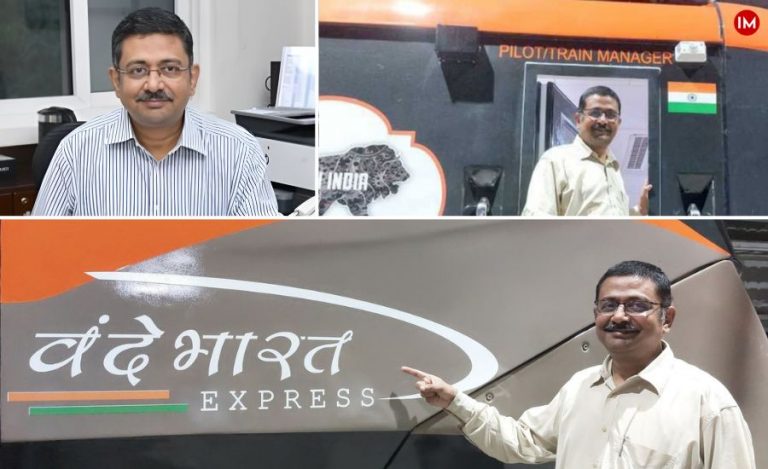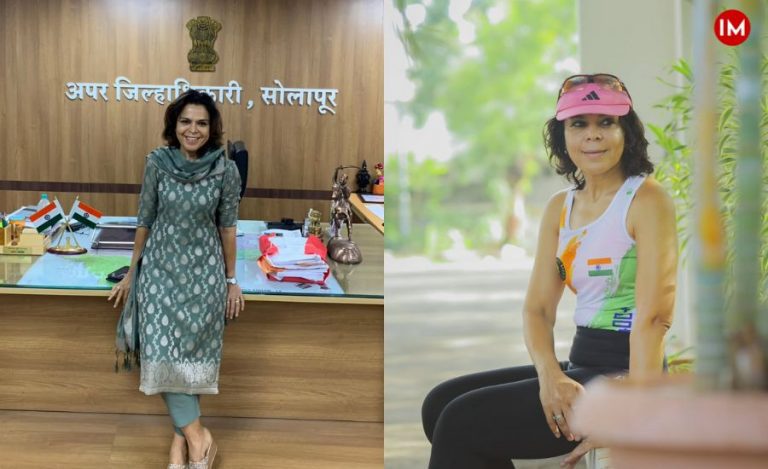Born on August 1, 1965, in Amroha, a historic town in western Uttar Pradesh, Dr. Jan-e-Alam’s academic foundations were laid in his hometown before stepping into the larger world of public policy and administration. After completing his MBA from Aligarh Muslim University in 1988, he entered the Indian Administrative Service in 1991, securing an enviable All India Rank of 12. He was allotted the Nagaland cadre, a remote northeastern state where most newcomers hesitated to go. But Dr. Alam went and stayed.
GROUND-LEVEL GOVERNANCE IN NAGALAND’S TOUGHEST TERRAINS
The 1990s saw him navigating the complex, often fragile social fabric of Nagaland’s far-flung districts. He served at the sub-divisional level in Phek and Mon districts, areas known for their geographical isolation and administrative challenges. Later, as Deputy Commissioner of Tuensang for nearly three years, he built deep familiarity with grassroots administration, learning the language of the people and earning trust in a region where outsiders often remained strangers.
His early roles weren’t glamorous. They were grueling. But they were formative.
ENTERING THE CORRIDORS OF STATE POWER
By the early 2000s, Dr. Alam had transitioned into more complex state-level responsibilities. As Additional Secretary in the Finance Department, and then as Secretary overseeing Industries, Commerce, and Sericulture, he played a key role in shaping policies that intersected with livelihoods and small-scale economic frameworks, sectors vital for Nagaland’s rural population.
THE CENTRAL GOVERNMENT CHAPTER
In 2003, he moved to the national stage. His initial posting was as Zonal Head in the Directorate General of Foreign Trade, a brief but impactful stint. Soon after, he became Private Secretary to a Cabinet Minister handling portfolios such as fertilizers, chemicals, pharmaceuticals, and steel.
It was a demanding role that required acute coordination between political and bureaucratic frameworks, across ministries, and with public-sector undertakings. He held this role for five years, gaining rare insight into India’s industrial and chemical ecosystem.
THE HOMECOMING AND ELECTORAL OVERSIGHT
In 2010, Dr. Alam returned to Nagaland. He was appointed as Home Commissioner, a position central to internal governance, and concurrently served as the Chief Electoral Officer (CEO) of Nagaland. Overseeing elections in one of the most sensitive regions of the country required not just legal acumen but socio-political navigation of the highest order.
SHAPING NATIONAL EDUCATION POLICY FROM THE HEART OF GOVERNMENT
April 2013 marked his return to the Centre, now as Joint Secretary in the Department of School Education and Literacy, Ministry of Human Resource Development. His responsibilities touched millions of children and educators nationwide.
He managed Central schools like the Kendriya Vidyalayas and Navodaya Vidyalayas. Under his watch, these premier institutions saw increased expansion, better laboratory infrastructure, improved monitoring mechanisms, and tighter funding protocols.
He supervised the CBSE and ICSE boards and even guided the regulatory oversight of international schools in India. His role wasn’t just about numbers and budgets; it was about modernizing India’s educational spine. He also oversaw NCERT, making textbooks free and accessible online, and built an open national repository of digital education resources, far before digital learning became the norm.
As Chairman (interim) of the National Institute of Open Schooling (NIOS), he handled policy for alternative education and distant learning. But his most ambitious reform came through the National Council for Teacher Education (NCTE). In 2014, he coordinated the overhaul of norms for 11,000 teacher education institutions, a structural shift in how future educators were being prepared across India.
And then there was the Mid-Day Meal Scheme, the largest school feeding program in the world. Dr. Alam ensured daily meals reached over 1.2 million schools, a logistical feat that demanded constant surveillance and innovation.
BRIDGING MINORITIES AND THE STATE
In August 2016, he moved to the Ministry of Minority Affairs, first as Joint Secretary and then as Additional Secretary. Over nearly four years, he handled some of the most sensitive policy areas in the government.
From socio-economic development schemes for six major religious minorities to administering the Hajj pilgrimage for up to 200,000 pilgrims annually, his span was wide. He coordinated the complex transition of Haj-related affairs from the Ministry of External Affairs to the Minority Affairs Ministry and liaised closely with the Indian Embassy in Saudi Arabia.
He also oversaw the management of over 600,000 Waqf properties, navigating religious, legal, and administrative frameworks simultaneously. Furthermore, he managed the budget and programming of the Maulana Azad Education Foundation, focused on the educational upliftment of educationally backward sections of the Muslim community.
THE FINAL RETURN TO NAGALAND
In February 2020, Dr. Alam once again returned to Nagaland, this time to the topmost ranks of governance. He was appointed as Additional Chief Secretary to the Chief Minister and also served as Development Commissioner. His brief: drive long-term transformation across departments.
On 29th January 2021, he took charge as the Chief Secretary of Nagaland, the state’s top bureaucrat.
As Chief Secretary, Dr. Alam now leads a workforce of around 1,20,000 employees. He is the Cabinet Secretary for the State Government, guiding the State Cabinet on policy decisions. He heads the Nagaland State Disaster Management Authority and is the principal coordinator between the State Government and both the Government of India and foreign governments.
He currently chairs 67 state-level committees covering education, health, infrastructure, agriculture, disaster preparedness, and more. His leadership spans across 150 All India Service Officers and about 500 State Service officers, ensuring the government doesn’t just function, but functions with coherence and speed.
THE SCHOLAR-ADMINISTRATOR
Dr. Alam’s academic journey didn’t stop after Princeton. In 2010, he earned a Master of Public Policy (MPP) from Princeton University, a program that only a select few civil servants ever experience. His deep dive into public policy frameworks on a global level sharpened his administrative vision.
In 2024, he completed a Ph.D. from the Department of Management Studies at the Indian Institute of Technology, Delhi. At a time when most top bureaucrats start winding down, he chose to go deeper into structured research, a sign of his evolving commitment to learning and policy-driven administration.
LEGACY IN MOTION
Dr. J. Alam has never been one for the spotlight. But over three decades of service, at both state and national levels, he has helped build systems, strengthen institutions, and guide transitions during politically and socially delicate moments.
His story is not about loud success. It is about staying the course. Whether overseeing fragile districts in Nagaland, rebuilding India’s school education network, or managing religious and social affairs of minority communities, he has worked across the fault lines that often define Indian governance.
And through it all, he has chosen service over spectacle.

